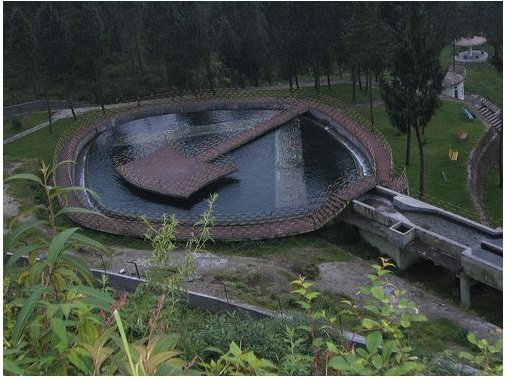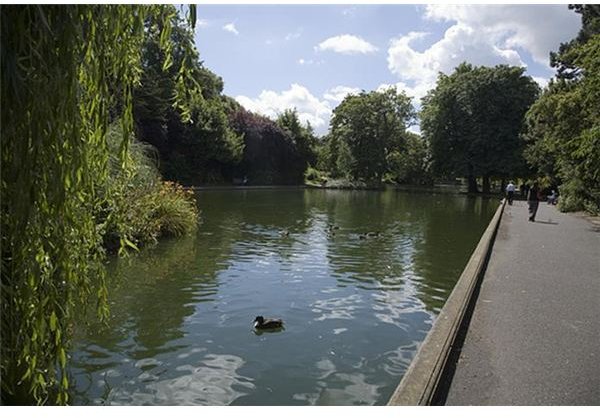What is Municipal Engineering?
What is Municipal Engineering?
A municipality is a local organizational body that is administered by a municipal council, responsible for the management of the municipal affairs of a distinct geographical region, normally a city, town, or another minor group.
Municipal engineering includes the environmental issues that are the responsibility of the municipalities, including tasks that contribute in the quality of life of the society. A large number of municipal tasks are associated with the municipal engineering including the management and disposal of waste, the maintenance of public parks, water supply systems, treatment of water, and numerous similar responsibilities.
Management and Disposal of Waste Materials
Management and disposal of waste materials is an important part of municipal engineering that includes the collection, transportation, and elimination of waste materials. These materials are generally considered to be that waste created by normal human activities, and which if not removed immediately, can affect their health. The techniques of the waste management will depend upon several factors including:
- the state of development of the country
- whether the area is located in a city or village and
- whether residential or industrial waste is involved
Management of waste has become an important issue since the industrial revolution due to the enormous exodus of population from the rural areas to the urban areas. Unless the disposal of waste is carried out efficiently, it will create a serious threat to the health of the inhabitants and the environment. Due to these reasons the humans are seriously concerned with this important subject of waste disposal
Water Supply System
The supply of water in an efficient manner to the residents is another important responsibility of municipal engineering. Local governments are responsible for the operation and maintenance of the water supply networks located in the municipality, but these projects are also an element in the master planning of the region. The important factors that must be considered in the planning and design of water supply networks include:
-
the site
-
present and future requirement
-
water pressure and
-
fire hydrants

An efficient water supply network is designed by the utilization of the pipe network analysis, which is a study concerned with the flow of fluids through a network of hydraulics, to ascertain the rates of flow and drops in pressure in the different sectors of the network. The water supply network includes the watershed for collection of water, water treatment facilities, a water reservoir for storage of water, and methods for transportation of water to the consumer.
Water Treatment
Water treatment is essentially required before the water is delivered to the consumer, so that it is medically fit for human consumption. Treatment of water is normally carried out near the ultimate area where it is consumed so as to decrease the costs of pumping and the possibility of the water being contaminated after treatment. The process of water treatment includes the separation of impurities, such as dirt and other organic substances from water, addition of chemicals to destabilize the particles, and disinfection to destroy the bacteria. The water system networks are generally grouped into sectors for ease of maintenance, repair, and operation.
Maintenance of Public Parks
The term public parks may also include athletic facilities, playgrounds, pavilions, shelter facilities, tennis courts, basketball courts, sand volleyball courts, ponds, etc. In order to meet maintenance standards and requirements, the park

maintenance division may specialize in a variety of activities such as irrigation, turf management, pest control, general landscaping, and tree trimming. The mission is to provide safe, clean and useful public parks for everyone to enjoy.
